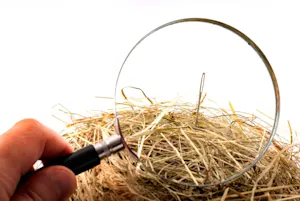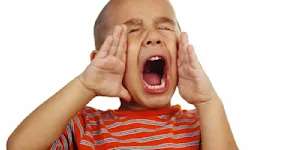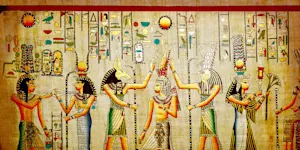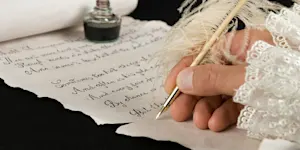What Makes This Word Tick
"Bridle" is one of those words that might remind you of afternoons spent at the stables, or even old Western films where the lone ranger rides into the sunset. It refers to the gear used to control a horse, comprising a headstall, bit, and reins. But it’s not just about horses; "bridle" can also mean to show offense or to restrain.
If Bridle Were a Person…
They’d be the sort who always knows how to keep things under control, whether organizing a garden party or keeping the peace among squabbling grandkids. Occasionally, they might wrinkle their nose in indignation when someone suggests serving root beer at a fine dining event.
How This Word Has Changed Over Time
The concept of a bridle hasn't strayed far from its original usage. However, over time, the verb "bridle" has come to mean curbing emotions or temper, offering a versatile metaphor for self-restraint and moderation.
Old Sayings and Proverbs That Use Bridle
An old proverb suggests, "He who holds the bridle may guide the horse as he will," emphasizing the power that comes with control. It’s a reminder that a firm but gentle hand can make a world of difference.
Surprising Facts About Bridle
Did you know that the design of bridles has evolved over centuries, from simple rope loops to intricate leatherworks? Historically significant, bridles have been found in ancient tombs, indicating their importance in societies long gone.
Out and About With This Word
You’ll find mentions of "bridle" in riding clubs around the world. It's also prevalent in equestrian sports, where knowledge of different bridle designs can make or break a competition.
Pop Culture Moments Where Bridle Was Used
In popular literature and films, bridles often appear as symbols of control and freedom. Whether it’s a cowboy movie or a children’s adventure book featuring a gallant steed, the bridle plays its classic, ever-reliable role.
The Word in Literature
Authors like Zane Grey and Anna Sewell have alluded to bridles in their tales of rugged landscapes and noble animals. "Bridle" brings an air of tradition to narratives, signaling power dynamics between characters and their steadfast steeds.
Moments in History with Bridle
Imagine the Middle Ages, when knights rode into battle, their horses decked out in elaborate bridles. These were not just functional but also statements of nobility and wealth, underscoring the relationship between man and beast.
This Word Around the World
While "bridle" maintains its definition globally, the style and craftsmanship vary by culture. In Spain, for instance, you might see highly decorative bridles influenced by Andalusian traditions, while more minimalist designs prevail in Scandinavian countries.
Where Does It Come From?
The word "bridle" traces back to the Old English "bridel," itself derived from the Proto-Germanic "brigdilaz," reflecting its ancient presence in the English language.
How People Misuse This Word
Often, "bridle" gets mixed up with "bridal," particularly in written texts, which can cause humorous confusion in contexts like wedding planning!
Words It’s Often Confused With
Bridal: Pertaining to a bride or wedding, which sounds similar but is quite different in meaning.
Bridle Path: Sometimes confused with "bridge" due to phonetic similarity, though it refers specifically to a path used by horses.
Additional Synonyms and Antonyms
Synonyms for "bridle" include "harness" and "restrain." Antonyms might be "release" or "liberate," painting a picture of letting go, quite opposite to the control a bridle represents.
Want to Try It Out in a Sentence?
"She knew she needed to bridle her excitement before entering the serene and solemn halls of the museum."
















